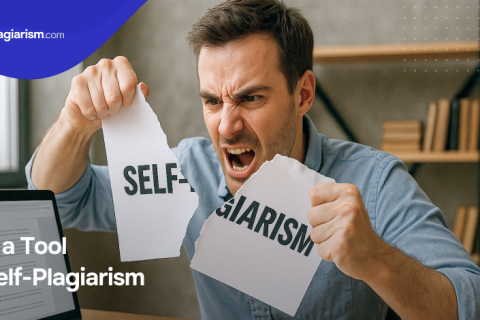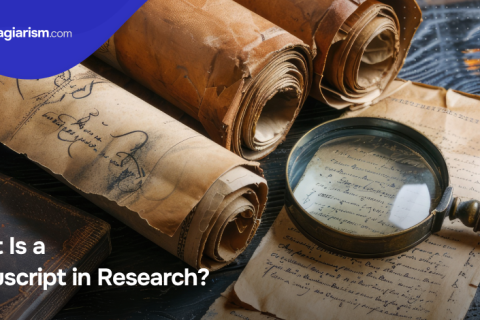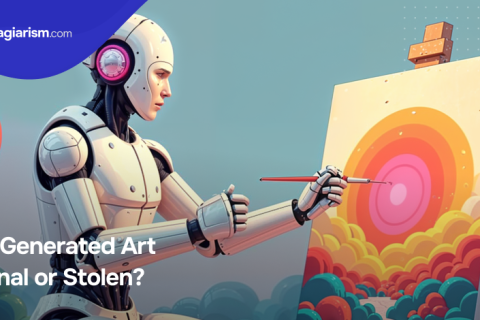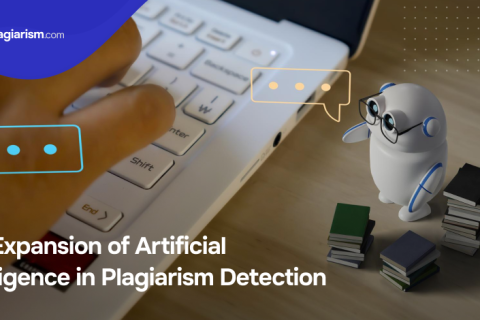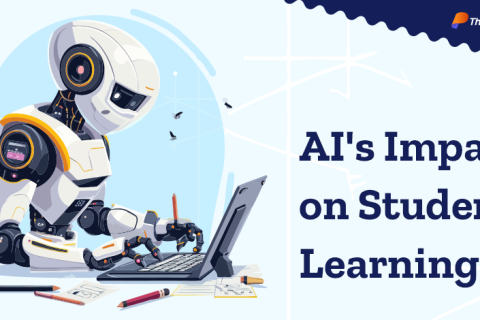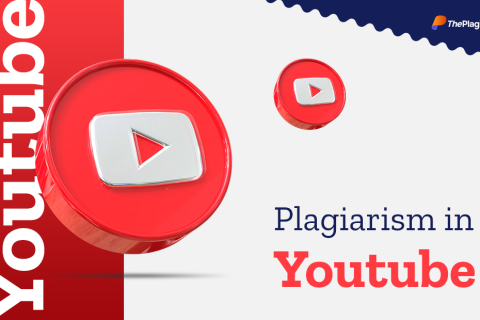Cultural perspective of plagiarism
08 Mar 2015
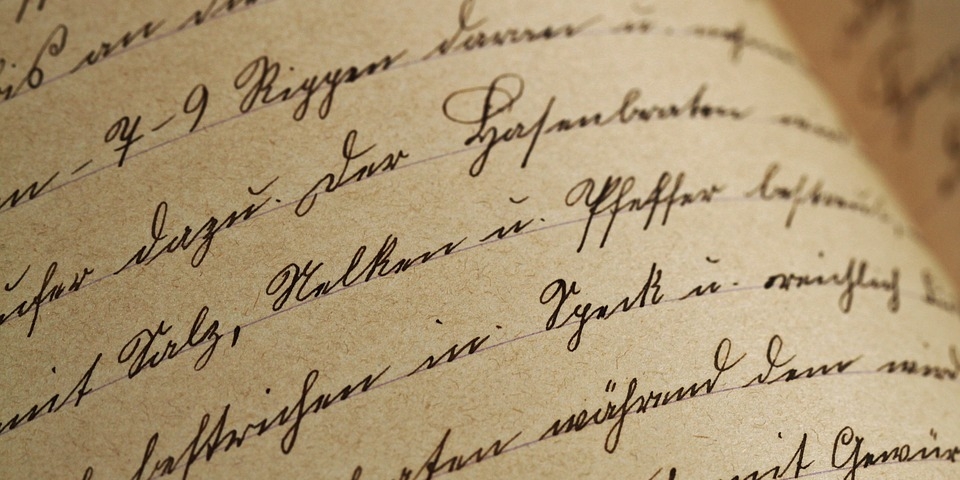
The dictionary defines the word plagiarize as “to steal or copy and then pass off another’s ideas as our own without giving any credit or making any reference to the original author”. Many a times it is also referred to as literary stealing or literary theft. This is the absolutely general meaning of plagiarism. However, most commonly this word is used in the world of academics. Here the word has a slightly more specific meaning which is to steal or copy another author’s thoughts or ideas with the purpose of passing them off as our own in the paper that we write.
The cultural perspective on this is different in a number of countries. In some middle-east countries when student are paraphrasing a previous author’s work then they are not expected to write the source of the work that is, they are not expected to mention the author’s name or details. In these countries it is an accepted norm that no such thing will happen as the lecturers are expected to know everything about the field that they give the project on. In fact, writing or giving the author’s name or details is nothing short of insulting the mentor of the student. Thus in this context, what is expected of the student is technically plagiarism, as he or she is not citing the source, but it is the accepted thing.
In western countries and a majority of other countries in the world however, plagiarizing is considered to be highly dishonest and immoral. When academics present their work and findings, a lot of hard work goes into them. Now, when students are writing their own papers, many a times they refer to these previous works of these authors. This is not considered plagiarism if the student quotes the author’s work in his paper and if he or she also gives the author’s details.
Thus we see that different cultures and countries have a different perspective on this word.

